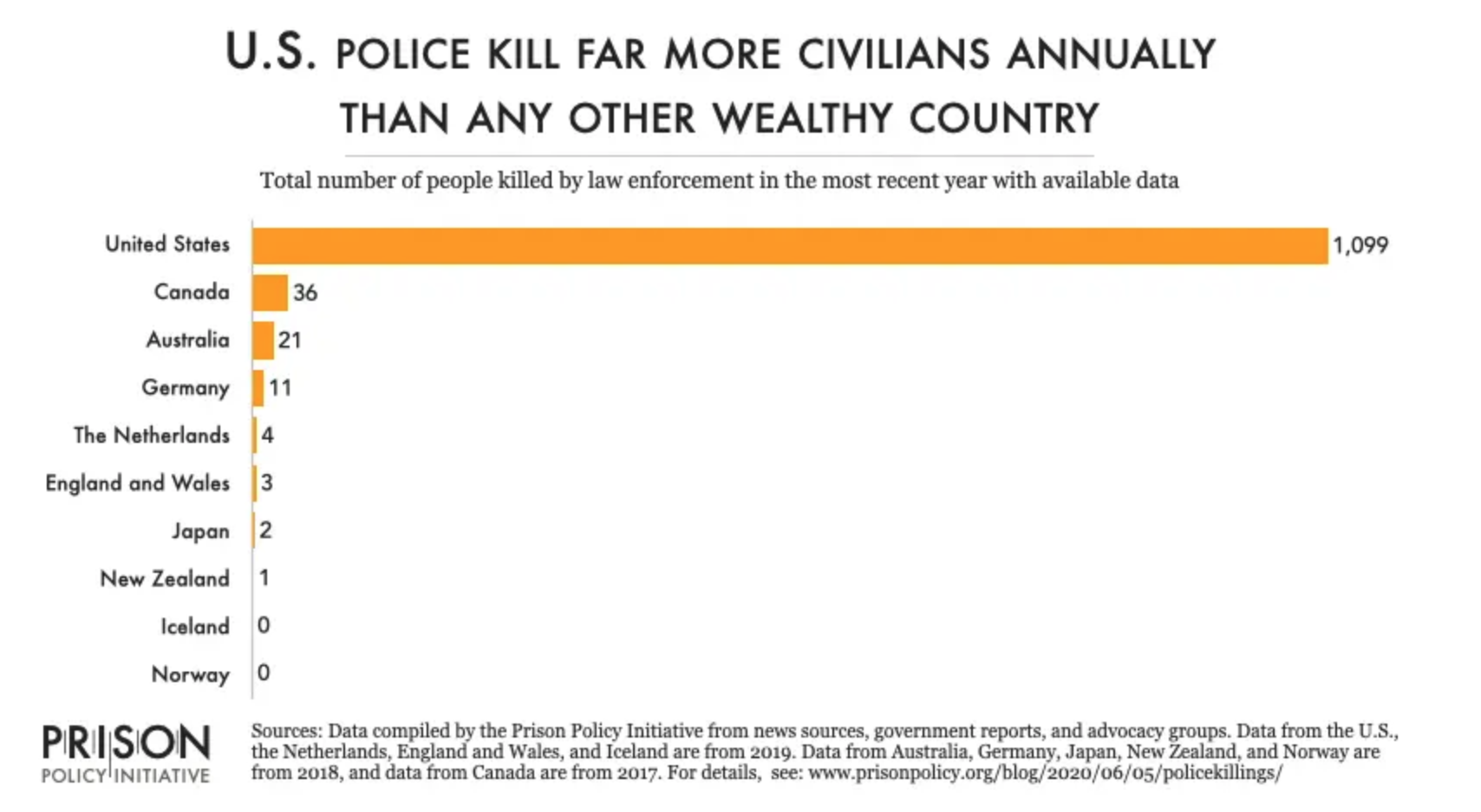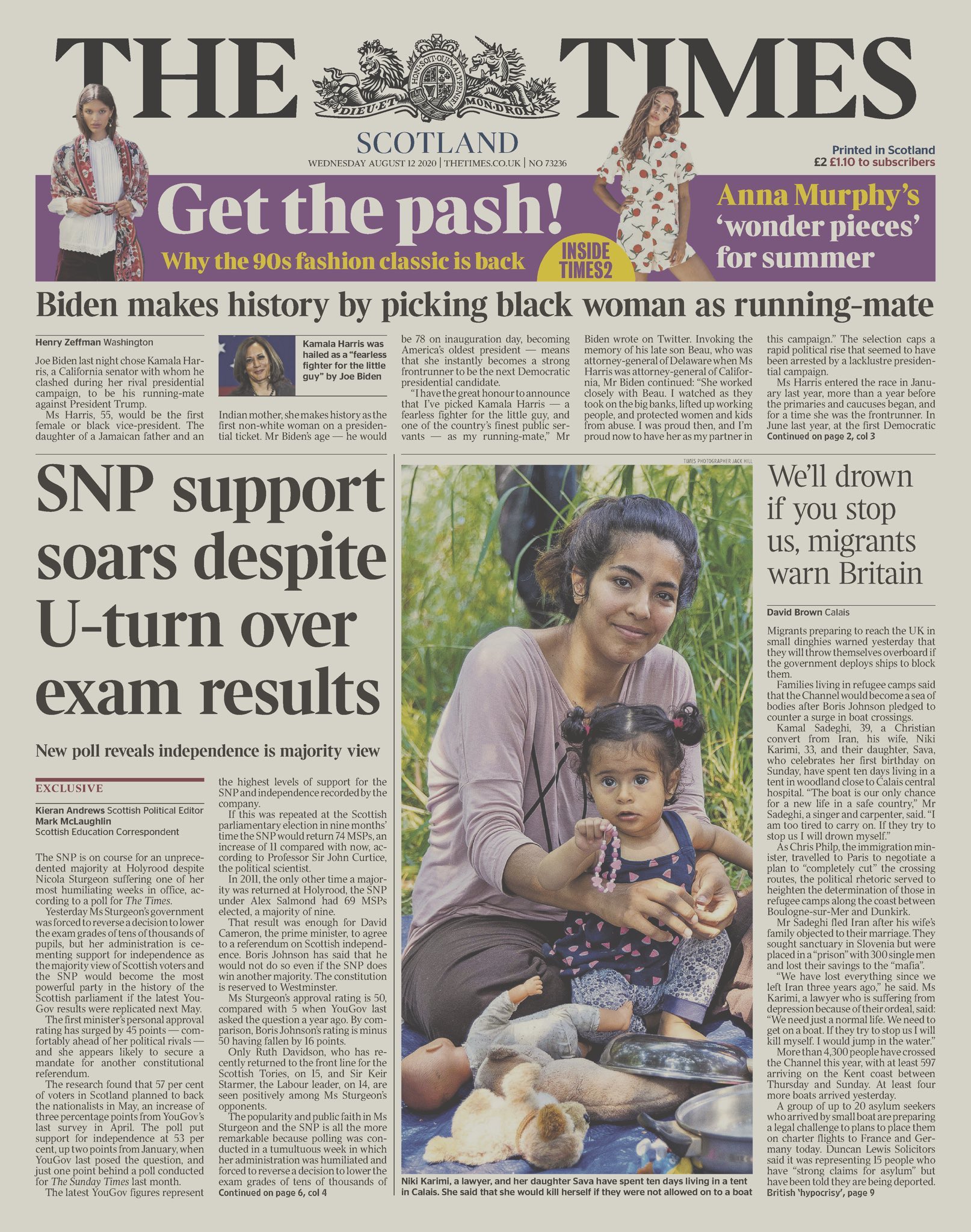“The BBC is full of woke, left-wing remainers!”, cry the right. “The BBC is biased in favour of the establishment!”, bemoan the left. “Everyone thinks we’re in favour of their opponents, therefore we must be impartial”, the BBC concludes, smugly.
Lets look at the facts:
- The BBC gave the chairman of the right-wing Spectator two major TV politics shows
- The BBC invited Nigel Farage on Question Time more regularly than anyone else ever
- The BBC also invited Nick Griffin, chairman of the far-right BNP convicted of inciting racial hatred onto Question Time
- The BBC political editor who was in that post for ten years was a former president of the Oxford University Conservative Association
- He now presents Radio 4 Today
- The last Head of BBC Political Programming became Theresa May’s Director of Communications
- He’s the brother of a Tory MP
- He’s a long-standing supporter of Brexit
- He directed BBC political output for eight years
- His main rival for the job of Head of Politics at BBC was James Landsdale, who was also the other candidate to become May’s spin doctor
And now some data, from a major study by Cardiff University funded by the BBC Trust that studied a period from 2007 to 2013: - Tories get more airtime on BBC than Labour, in office or out of office
- In 2014 (leading up to election) Cameron got 53 appearances, Milliband got 15
- Cabinet ministers got 90 appearances versus shadow cabinet’s 46
- Tory politicians received 50% more airtime than Labour politicians
- Business views (as opposed to union, science, religious, or social views) are represented 11x more on BBC
- Business views on BBC get 2x more coverage on BBC than ITV, and 4x more than Channel 4
- For six weeks after the 2008 financial crash the BBC Today programme was almost completely dominated by stockbrokers, investment bankers, hedge fund managers and other City voices who made up 35% of all sources. Politicians made up 33%. Civil society voices or commentators who questioned the benefits of having such a large finance sector were almost completely absent from coverage.
- BBC coverage of the EU from 2012 onwards has been almost exclusively “through the prism of political infighting between Labour and the Conservatives” so no pro-European voices were heard
- The report finds “Voices arguing for the benefits of EU membership were very sparse”
And this is all before we even get started to analyse the horror show that is BBC coverage of Scottish independence issues.
As English views and votes move rightward, intolerance to migrants and the EU escalates to open hatred and British decency and compassion seems a thing of the past. Hate crimes rise, asylum seekers and their children drown on our beaches and it begs the question: “how did we get here?” The answer is complex but one thing is sure: that those who were responsible for informing us of the truth have failed.



